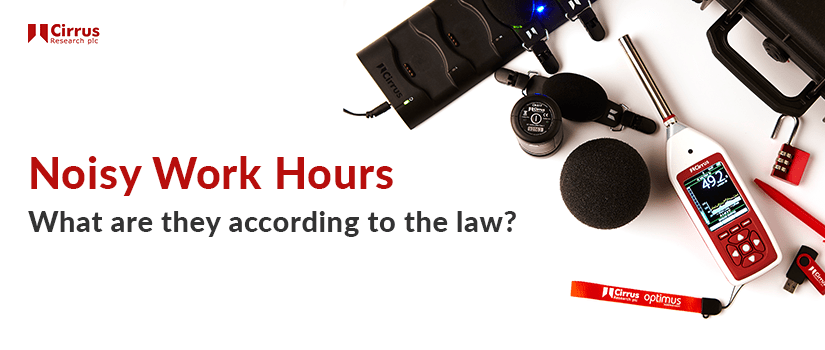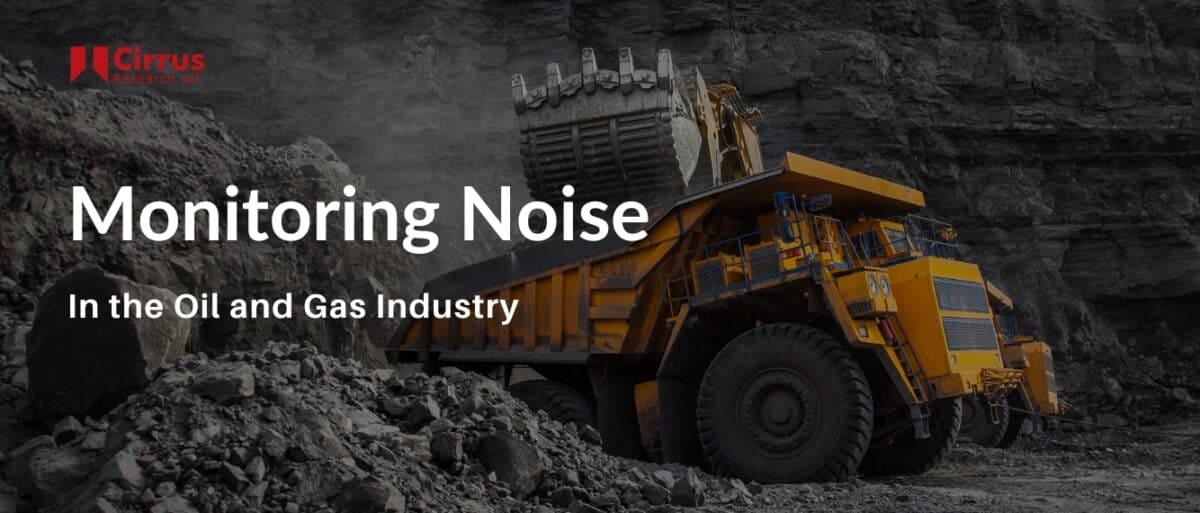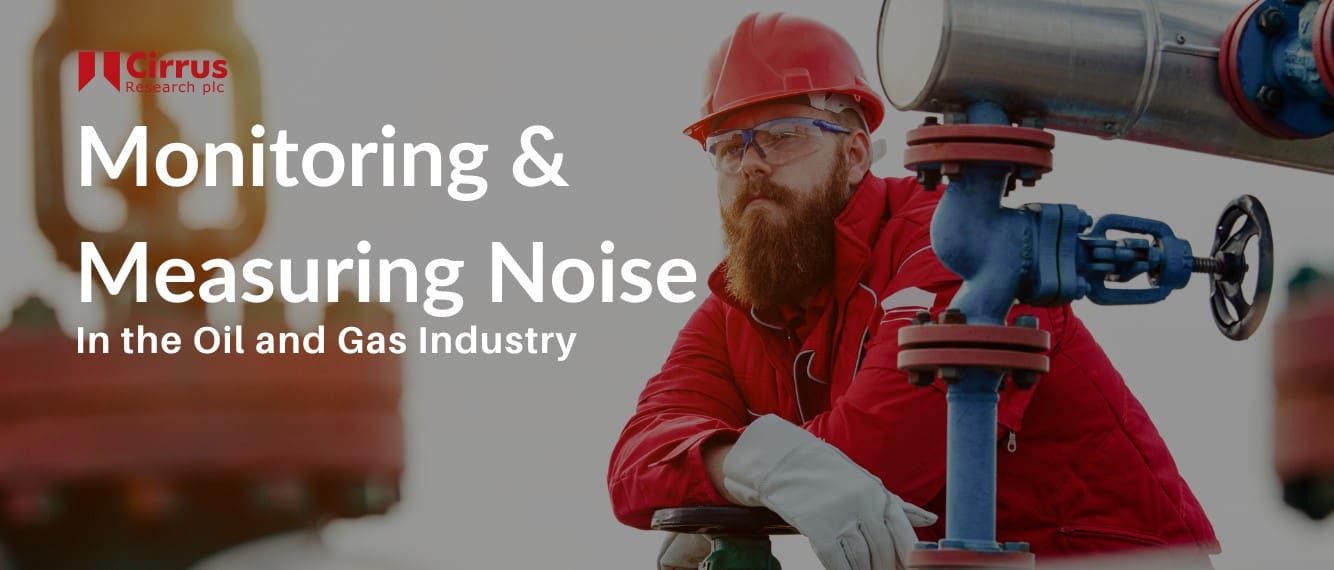In this blog we discuss the noisy work hours set out out by the Control of Pollution Act 1974.
We all know what it’s like when you have the week off work and are looking forward to lying in and having lazy mornings, only to be awoken at what seems like an ungodly hour by the builders starting work on an extension on the neighbour’s house.
Many builders and construction workers indeed start working early in the morning to ensure that they can get as much done in the day as possible. The good news for many of us is that there are working hours in place that builders and construction workers cannot legally make noise outside of.
Noisy work hours of construction workers
The working hours of the constructors are framed by legislation. Indeed, there are hours during which construction workers and builders cannot legally make noise.
The times at which noisy work is allowed differs across the country due to the Control of Pollution Act 1974 giving Local Authorities the power to control noise from construction sites and similar areas.
Although these work times do vary, the standard hours during which noisy work is acceptable is usually between 8am and 6pm, Monday to Friday. This means that although you might see builders arriving on site from 7am, they’re generally prepping for the day, ready to start the noisy stuff at 8am on the dot!
What about noisy work hours on weekends and bank holidays?
On Saturdays, builders are generally able to work between 8am – 1pm. However, it is important for you to find out about the regulations imposed by your local council.
As for Sundays and bank holidays, most councils say there shouldn’t be noisy work being carried out on these days, however again, you should check your local authority’s website on this are these rules can also differ.
Unavoidable construction work
Local authorities have previously recognised that it is sometimes unavoidable to work outside these hours, for example on railway tracks the work must be done when trains are not running, which often falls outside of the noisy work hours. However, local councils do have the power to serve notice on people carrying out this work and tell them how it could be carried out to avoid a potential statutory noise nuisance.
The notice often specifies the following:
- Noise levels
- Plant or machinery that can be used
- Hours when work can be done
- Steps to be taken to minimise noise
What about construction workers?
If you work in or run a construction site, then you need to be aware of noise levels and how they can impact not only your neighbours but your own workforce.
The construction industry is a high-risk industry for noise-related ill health. If you must raise your voice to have a normal conversation when standing about 2 meters away from the person you’re conversing with, for at least part of the day, then the noise levels on the site may be at a level which could damage your hearing.
According to The Health and Safety Executive (HSE), it is not acceptable to only rely on hearing protection alone to control exposure to noise on your construction site. PPE such as hearing protection should only be used when extra protection is needed above what has been achieved using noise control techniques.
How can Cirrus Research help?
When it comes to monitoring and measuring the noise levels on your construction site, whether it’s to protect local residents, the environment, or your own workforce, Cirrus Research has the instrumentation that you can rely on.
Instruments we recommend for monitoring construction noise:
- The Optimus+ sound level meter, for taking measurements over a short period of time, in specific areas of your site (the Optimus+ GPS can also be used for this, with the added GPS functionality).
- Quantum Outdoor cloud-based environmental noise monitor for long-term unattended noise monitoring, which measures all the data you need for comprehensive environmental monitoring, and stores data in the Quantum cloud for access anywhere, at any time, on any device.
Our noise experts are always on hand to help with any of your noise-related enquiries, so do not hesitate to get in touch and speak to us today!



